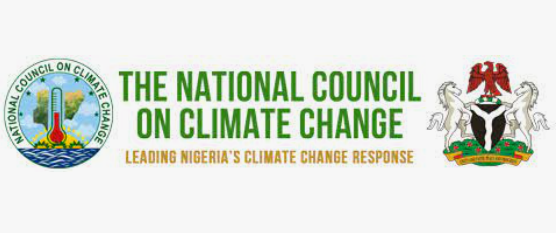InfoStride News reports that retail investors in Nigeria are projected to contribute $94 billion towards climate change financing by 2030, according to the latest Sustainable Banking Report 2023 by Standard Chartered. The report highlights that 95% of investors in Nigeria express interest in climate investing, with 91% aiming to increase capital flows towards climate-related initiatives. This statistic places Nigeria at the forefront among surveyed markets, with a focus on improving returns and making a positive impact driving investor decisions.
Based on a survey of 1,800 respondents in 10 growth markets across Asia, Africa, and the Middle East, the research indicates a global potential of $3.4 trillion for climate investing. This underscores the substantial impact individuals can have in combating climate change through financial contributions.
Within the realm of climate investing in Nigeria, the report suggests that approximately $60 billion could be directed towards mitigation themes, with renewables, energy storage, and energy efficiency expected to attract the most capital. Additionally, around $34 billion could be mobilized for adaptation efforts, including resilient infrastructure, the blue economy, and food systems.

Despite the high interest in climate financing, the report identifies multiple barriers that vary by investor segments, hindering the translation of interest into actual investments. To address these challenges, the report recommends a collaborative effort by financial institutions, regulators, companies, and individuals to establish a broader range of climate assets, thereby encouraging greater retail participation.
The report emphasizes the need for asset managers and banks to innovate new climate assets aligned with emerging investor interests, such as biodiversity and the blue economy. Financial institutions play a crucial role in mobilizing retail capital through three pillars: empowering investors with information, product customization, and outcome-based information. Digital and fintech solutions are expected to facilitate and simplify processes for investors. Furthermore, the report calls for global alignment on reporting standards and the establishment of minimum disclosure requirements to enhance investor confidence.
Lanre Olajide, Head of Wealth Management and Deposits for Nigeria and West Africa, commented on the report, stating, “Financing our collective response to climate change is a critical challenge. Overall climate mitigation and adaptation face an annual funding gap of trillions of dollars. Institutional capital is often the focus when mobilizing funds to bridge this gap – the scale and power of retail investor capital is a lesser-known opportunity.”
Olajide highlighted the need for the industry to improve access to solutions, harmonize reporting standards, and measure impact effectively to bridge the current disconnect between investor interest and the scale of climate investments. He emphasized ongoing collaboration with clients to align investments with their areas of interest, enabling them to contribute to financing sustainable solutions for the future.
Support InfoStride News' Credible Journalism: Only credible journalism can guarantee a fair, accountable and transparent society, including democracy and government. It involves a lot of efforts and money. We need your support. Click here to Donate
